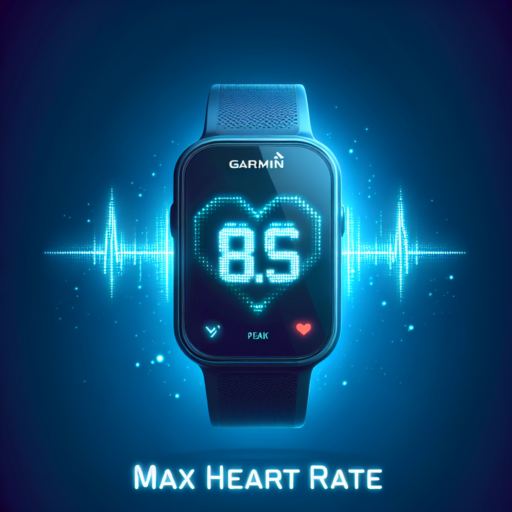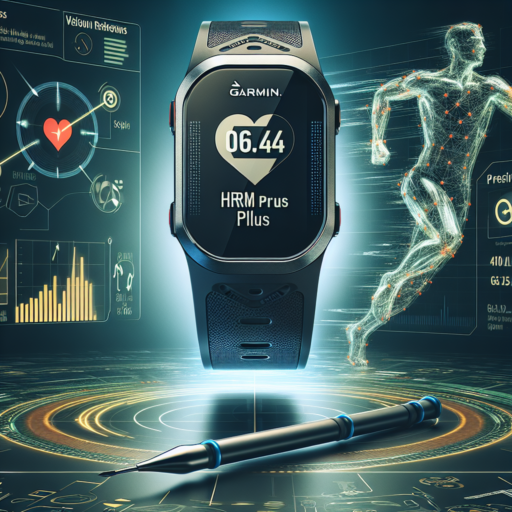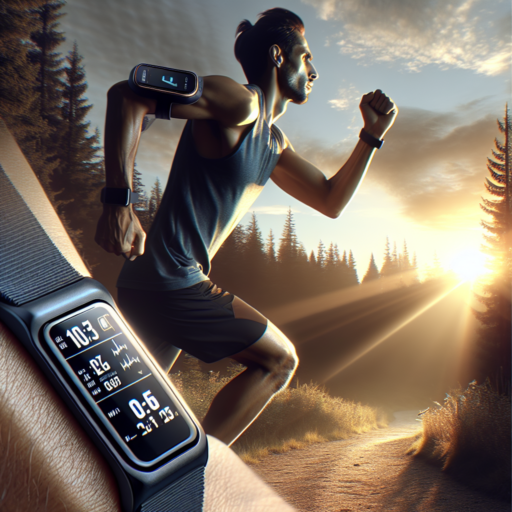Can Garmin tell me my max heart rate?
Indeed, Garmin devices are designed to assist you in monitoring your fitness levels, including your maximum heart rate. This vital piece of information plays a crucial role in optimizing your workouts and ensuring that you’re training within safe and effective heart rate zones. Thanks to advanced technology and precise sensors, your Garmin wearable can give you an accurate estimate of your max heart rate, enhancing your training regimen and overall health monitoring.
Garmin devices calculate your max heart rate using a standard formula, which is 220 minus your age. However, for an even more precise measurement, many Garmin models offer the ability to conduct a Max Heart Rate Test. This is particularly beneficial for athletes and fitness enthusiasts who need to tailor their training programs according to specific heart rate zones, ensuring they’re pushing their limits without overexerting themselves.
Additionally, Garmin Connect, the companion app and web service, plays a pivotal role in tracking and analyzing your heart rate data over time. By consistently wearing your Garmin device during workouts and throughout your daily activities, you’ll be able to review your max heart rate trends, adjust your fitness goals, and monitor your progress. This continuous feedback loop not only keeps you motivated but also drives home the importance of training within your individual heart rate zones for maximum efficiency and safety.
What is a good max heart rate?
Understanding your maximum heart rate (max HR) is crucial for optimizing your cardiovascular training and ensuring safety during exercise. Generally, a good max heart rate is considered to be 220 minus your age. However, this formula provides only a rough estimate, and individual fitness levels, health conditions, and training goals can significantly affect what is ideal for you.
It’s important to note that the max HR differs from person to person and is influenced by several factors including genetics, fitness level, and temperature. While the standard equation offers a starting point, those who are more fit may have a higher max heart rate. Conversely, beginners or those with certain health conditions might need to aim for a lower max HR during exercise.
Indeed, finding your personal good max heart rate involves more than just simple math. It can be beneficial to conduct a max heart rate test under professional supervision, such as a stress test in a clinical setting or supervised, incremental exercise tests with a qualified trainer. This helps ensure accurate measurement and personalized guidance to avoid overexertion, which can lead to injuries or adverse health effects.
What is the high heart rate on Garmin Connect?
Understanding the high heart rate on Garmin Connect is crucial for sports enthusiasts and individuals monitoring their fitness progress closely. Garmin Connect, a robust fitness tracking platform, allows users to gain insights into various health metrics, including high heart rate readings. These readings represent peak moments when your heart is working at its maximum during the day or a particular workout. Recognizing what constitutes a high heart rate can help in optimizing fitness routines and ensuring heart health.
The high heart rate on Garmin Connect is personalized based on the user’s age, physical condition, and maximum heart rate (Max HR). Typically, this is determined through a formula or a stress test administered by a professional. Once established, Garmin Connect uses this threshold to alert users when their heart rate exceeds a predetermined level during activity, signifying that they are potentially pushing their heart to its limit. Such insights can be pivotal for tailoring workout intensity and forestalling potential health issues.
Adjusting your Garmin Connect settings to accurately reflect your fitness level and goals is imperative for making the most out of the high heart rate notifications. Whether you’re training for a marathon or tracking your daily physical activity, understanding and applying the data from Garmin Connect regarding high heart rate thresholds can lead to enhanced cardiovascular fitness and overall well-being.
No se han encontrado productos.
Do Garmin watches accurately measure heart rate?
The question of whether Garmin watches accurately measure heart rate is a pertinent one for athletes, fitness enthusiasts, and health-conscious individuals alike. Garmin, as a leading brand in the world of fitness trackers and smartwatches, employs advanced technology in their devices to monitor heart rate. Their approach to heart rate measurement hinges on optical heart rate technology, which uses a process known as photoplethysmography (PPG). This technique involves emitting light into the skin and analyzing the light that is either absorbed or reflected back by the blood vessels.
Factors Affecting Accuracy
However, the accuracy of heart rate measurements taken from Garmin watches can be influenced by several factors. User-related variables such as skin tone, hair density, and physical activity level can impact the precision of heart rate readings. Moreover, the placement of the watch on the wrist and the tightness of the band are crucial for optimal sensor performance. Garmin suggests wearing the watch above the wrist bone and ensuring a snug fit, without it being uncomfortably tight, to improve accuracy.
Comparative Studies and Feedback
Scientific studies and user feedback have generally indicated that Garmin watches provide a high level of accuracy in heart rate monitoring, particularly in moderate to high-intensity activities. While some discrepancies can occur, especially in activities involving irregular movements or lower intensity levels, Garmin watches are consistently rated highly against other brands. It’s important to note that for individuals requiring medical-grade heart rate monitoring, professional medical devices are recommended.
In considering the effectiveness of Garmin watches for heart rate monitoring, it’s evident that while they offer substantial accuracy for fitness and wellness tracking, the inherent limitations of optical heart rate technology and external factors can affect performance. Users can optimize accuracy by wearing the device as recommended and being mindful of the activities during which they expect to monitor their heart rate closely.




